Neuroscience
-
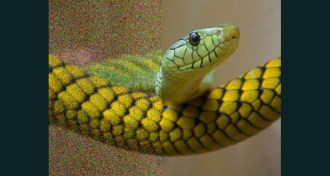 Neuroscience
NeuroscienceA vivid emotional experience requires the right genetics
A single gene deletion gives some people an extra vivid jolt to their emotional experience, a new study shows.
-
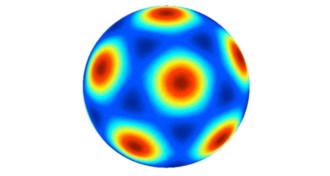 Neuroscience
NeuroscienceBrain’s grid cells could navigate a curvy world
If we ever need to flee a dying Earth on curved space islands — as humanity was forced to do in 'Interstellar' — our brains will adapt with ease, a new mathematical analysis suggests.
-
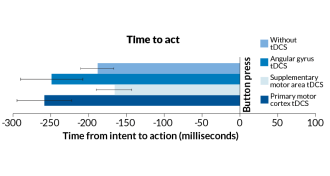 Neuroscience
NeuroscienceStimulating nerve cells stretches time between thinking, doing
A head zap can stretch the time between intention and action.
-
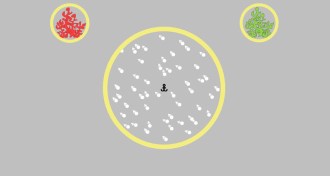 Neuroscience
NeuroscienceChildren with autism excel at motion detection test
Children with autism outperform children without the disorder on a test that requires averaging the movements of lots of dots.
-
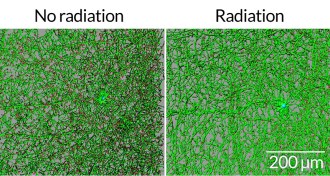 Neuroscience
NeuroscienceZipping to Mars could badly zap brain nerve cells
Charged particles like the ones astronauts might encounter wallop the brain, mouse study suggests.
-
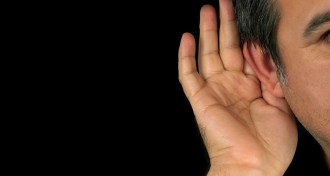 Neuroscience
NeuroscienceFor the blind, hearing the way forward can be a tradeoff
Many blind people have enhanced hearing. A new study shows that the ability to hear your way forward might come at the cost of hearing up and down.
-
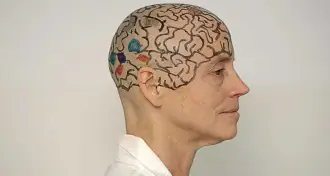 Neuroscience
NeuroscienceBrain on display
In her online videos, Nancy Kanwisher goes where few other neuroscientists go.
-
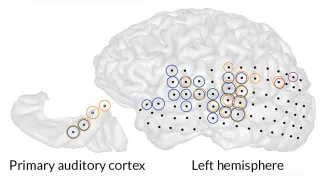 Neuroscience
NeuroscienceTinnitus causes widespread trouble
People don’t just hear the phantom ringing of tinnitus in the part of the brain that processes sounds.
-
 Neuroscience
NeuroscienceCatching Zs may snag memories, too
Flies genetically destined to be forgetful could boost their memory with sleep.
-
 Neuroscience
NeuroscienceSky’s brilliant hues may help bodies keep time
The internal clocks of mice are sensitive to changes in the sky’s colors. Humans’ clocks may work similarly, offering a tool to trump jet lag.
-
 Neuroscience
NeuroscienceBeing watched can boost productivity
In the company of another, a monkey steps up production on a simple job.
-
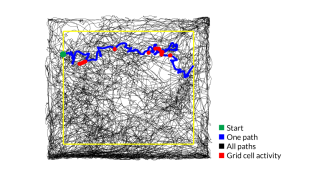 Neuroscience
NeuroscienceWhen brain’s GPS goes awry, barriers can reboot it
Brain’s internal map self-corrects when it hits a (literal) wall.